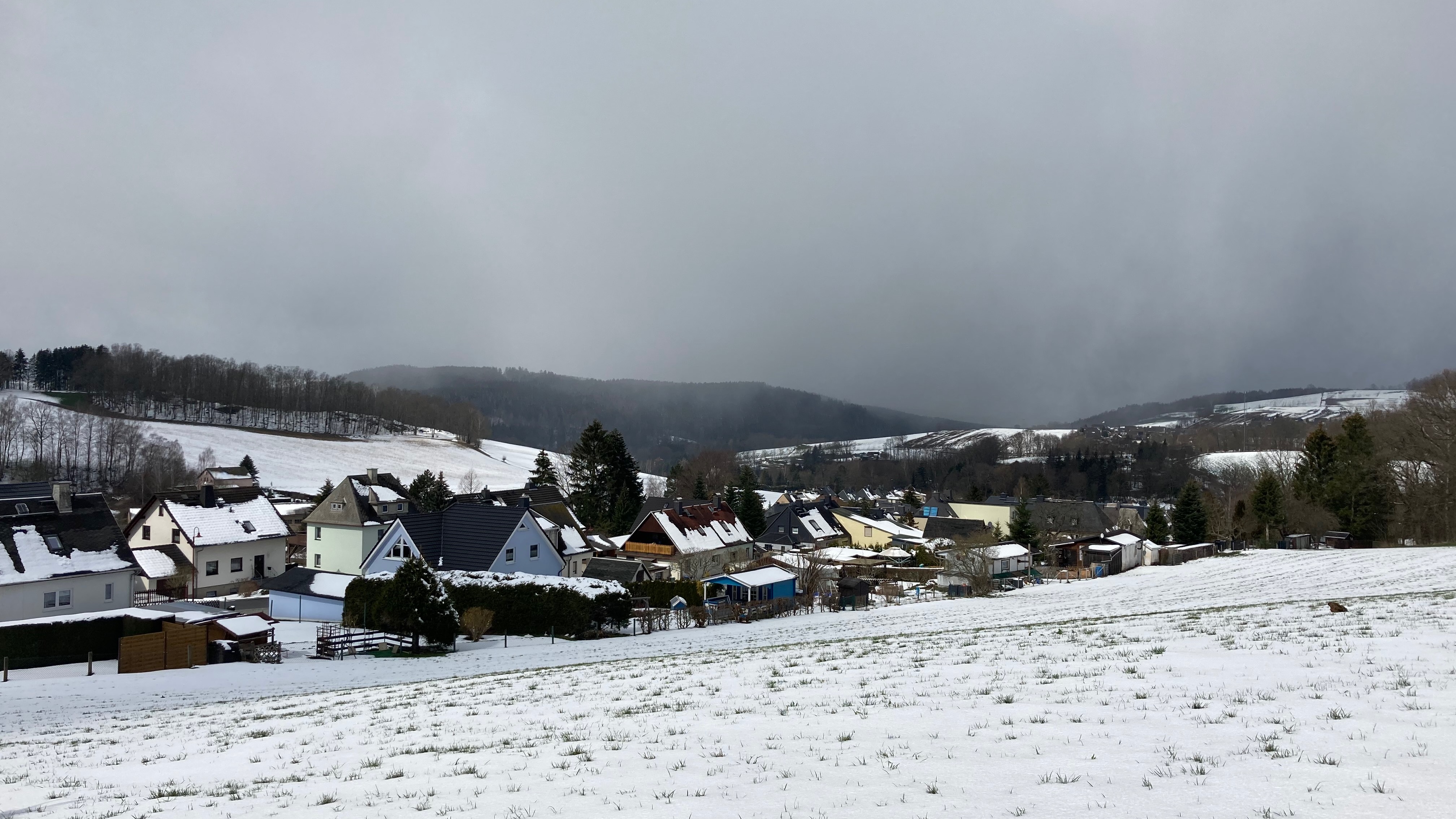Contact
ELSE-FRENKEL-BRUNSWIK-INSTITUTE for Democracy Research in Saxony
Universität Leipzig
Ritterstraße 26
04109 LEIPZIG
POSTFACH-NR.: 348003
- Research
- Projects
- Documentation
- Counseling

Project in Saxony
Gender democracy in the Ore Mountains

In the research project “Gender Democracy in the Ore Mountains,” regional lines of conflict and perspectives on the topics of reproductive justice and gender-specific violence are examined.
How people participate in society determines the state of democracy. This especially applies to the rights of women in society and to attempts to implement gender democracy. Gender democracy means the recognition of differences based on equal rights and opportunities regardless of gender and sexual orientation. This characterizes a previously unresolved demand for social interaction. If ideas of inequality and violence dominate relations between the sexes, then democratic coexistence is endangered.
Following the end of the German Democratic Republic (GDR), not only the economic and political living conditions in the Ore Mountains but also the rights of women changed. As in the recent past, the current situation concerning women’s rights is also characterized by many social and political conflicts. One example is the right to an abortion. In the Ore Mountains in particular, it causes strong polarization and protests. Conflicts have also come to light in the last decades in the Ore Mountains regarding protection against violence and women’s counseling, which are discussed and analyzed in the project.
UNDERSTAND LINES OF CONFLICT, IDENTIFY PROBLEMS, SEE OPPORTUNITIES
EFBI also tries to understand the different conflict lines due to the institute’s interest in finding out how the local population perceives the debates, how they are involved, and which problems and opportunities they see. The research is based on group discussions and interviews, in which the everyday experiences and conflict dynamics are discussed and reflected on. The central question is what significance gender democracy has for the freedom of life plans and social coexistence in the region and beyond.

